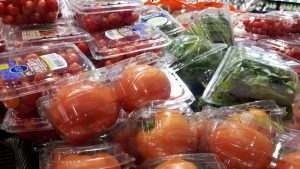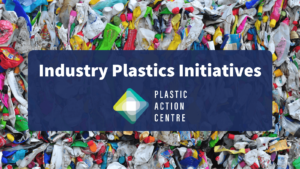Keurig Dr Pepper brands to use 100 percent rPET
Keurig Dr Pepper, which has headquarters in Burlington, Massachusetts, and Plano, Texas, has announced that its Snapple and Core brands are transitioning to bottles made of 100-percent-recycled polyethylene terephthalate (rPET). According to a news release from Keurig Dr Pepper, this transition will eliminate about 46.3 million pounds of virgin plastic the company uses annually. The company reports that Snapple is now available in 100-percent-recycled plastic 16-ounce bottles in West Coast markets and says it will continue to roll out the new bottles in phases across the U.S. through early next year. With production underway, Core bottles made from 100-percent-recycled plastic will be on shelves beginning in early 2021, Keurig Dr Pepper says.
“Transitioning to recycled plastic bottles for two of our key brands is a critical next step in Keurig Dr Pepper’s commitment to a circular economy,” says Monique Oxender, chief sustainability officer of Keurig Dr Pepper. “This important portfolio evolution enables us to offer consumers their favorite beverages while meeting their desire for more sustainable packaging.”
Across Keurig Dr Pepper’s portfolio of more than 125 brands, 20 percent of the materials used in packaging are currently made from postconsumer recycled (PCR) content, the company says. Transitioning to recycled plastic in Snapple and Core bottles will increase that total by approximately 4 percentage points, moving the company closer to achieving its goal of 30 percent PCR packaging across its portfolio by 2025.
Each Snapple and Core rPET bottle will feature a How2Recycle label, a standardized labeling system that communicates recycling instructions to consumers. Keurig Dr Pepper says the introduction of rPET bottles supports the company’s commitment to the American Beverage Association’s Every Bottle Back initiative, a recycling modernization program that includes a collective beverage company investment of $100 million to reduce use of new plastic by increasing the amount of recycled plastic available to be remade into new bottles in the United States.



